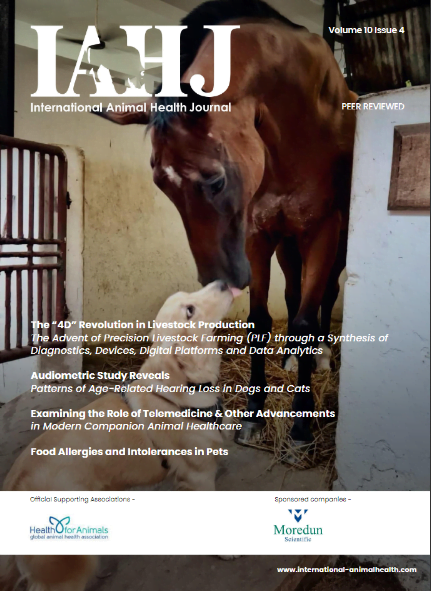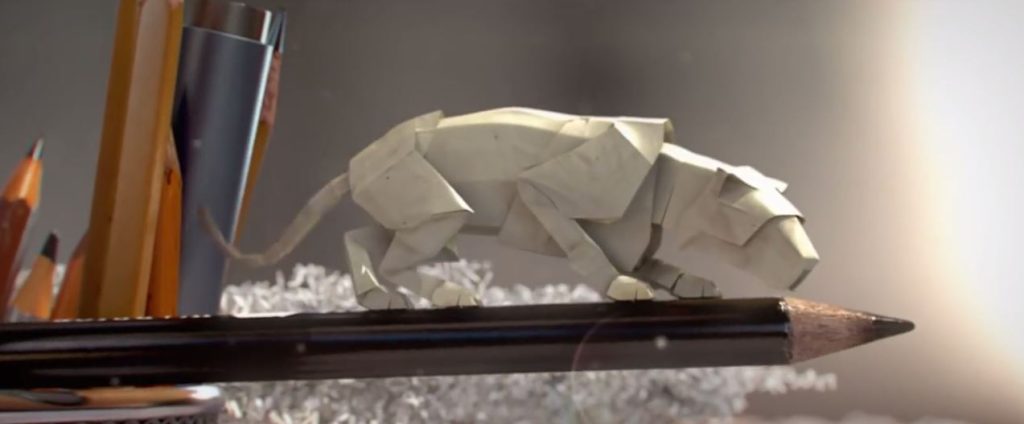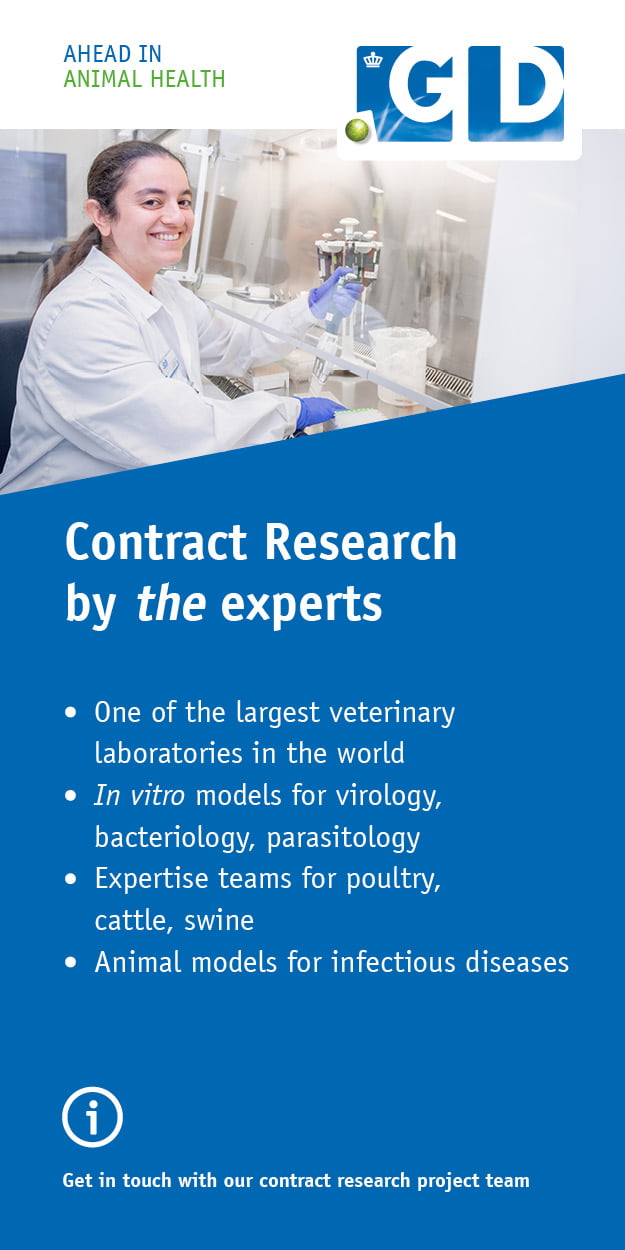The UK’s animal medicines industry can be a well-funded global centre for R&D (research and development) and innovation following the exit from the EU, says insight from NOAH’s first Brexit Barometer, but industry is uncertain about the potential to realise this opportunity. Half (50%) of those who contributed to the report expressed uncertainty over the future of this area and almost a quarter (23%) declared that they felt pessimistic about it.
The insight follows the DExEU’s recent Collaboration on Science and Innovation report, released over summer 2017, which explains the UK’s ambition for continued close collaboration with the EU. However, the organisation warns that it will be a difficult task to bring the many positive aspects of this report into reality.
Drawn from the views of 16 UK animal medicines companies, together with key industry stakeholders, NOAH’s report also expresses concerns over the UK’s ability to access a global talent base. Protection of funding for UK-based scientists was also cited as critical to realising this opportunity and Government is being called upon for its support in achieving this.
Dawn Howard, NOAH chief executive, says: “We welcome DExEU’s wish for the best and most innovative medicines to be available – this is true for UK animals too. The report recognises the common challenge posed across borders by animal disease.”
NOAH agrees a strong relationship with the EMA and continued participation in EU reference laboratories is essential and the industry body also agrees with the DExEU report that the UK and the EU start from a position of close regulatory alignment. However, there is a risk that the animal medicines sector could soon become out of step.
Dawn Howard says: “While our UK Veterinary Medicines Regulation implements the current EU Veterinary Directive, there is a new EU Regulation in development with the express aim of enabling innovation and increasing access to animal medicines. This will not be finalised until after we have left the EU. We need to make sure animals in the UK continue to have access to the latest medicines – we must not become a second tier country where new products are only launched here after other regions such as the EU.
“Our future regulatory system needs to keep step and be based on some form of ‘mutual recognition’ which permits a UK registered veterinary medicines access to the EU region and vice versa” Dawn Howard says.
The specific areas industry wants to see Government address when it comes to R&D and innovation are:
Provide guidance on securing continued collaboration and funding for the future through EU framework programmes
Provide clarity over future funding for scientific research to avoid erosion of the UK veterinary science base
Explore opportunities to access new collaboration and funding, both nationally and globally
Explore opportunities to collaborate with other partners beyond the EU
Consider funding availability for UK-based scientists to ensure the UK retains its world-leading status in veterinary science research
Set out a clear single system for attracting talent from around the world
Define the role of the animal health and welfare industry and promote cross-industry collaboration
Reduce administrative burdens and improve the protection of companies’ intellectual property and technical documentation
NOAH’s Brexit Barometer examines industry sentiment around six key animal health industry topics, along with the potential opportunities for each. Topics include animal health and welfare, public health and food production, R&D and innovation, bringing new products to market, post-licensing controls for the overall market and trade and investment.
UK‘s future as global leader in animal medicines R&D and innovation hangs in balance according to industry sentiment barometer
Animal Health Media © 2024, All Rights Reserved – Powered by Teksyte











